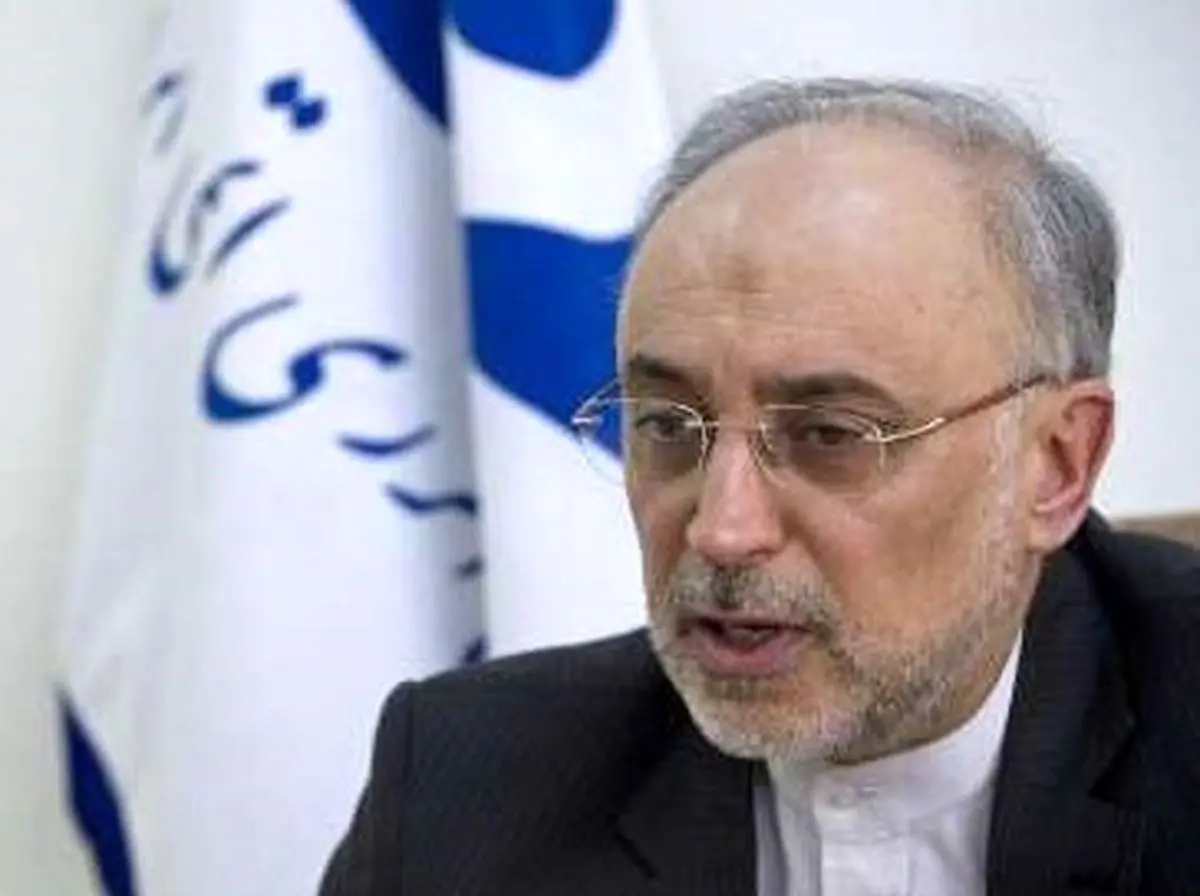Iran could increase its stockpile of enriched uranium; Salehi

Iran's nuclear chief told The Associated Press on Tuesday that he hopes the atomic deal between Tehran and world powers would survive, but warns the program will be in a stronger position than ever if not.
The remarks by Ali Akbar Salehi, who also serves as a vice president to Iran's elected leader Hassan Rouhani, come as Iran tries to salvage an accord now challenged by President Donald Trump.
Salehi, for his part, sought to contrast Iran's behavior, which includes abiding by the atomic accord, against 'emotional moves and sensational moves'.
'I think (Trump) is on the loser's side because he is pursuing the logic of power,' Salehi told the AP in an exclusive interview in Tehran. 'He thinks that he can, you know, continue for some time, but certainly I do not think he will benefit from this withdrawal, certainly not.'
Salehi spoke about Iran's efforts to build a new facility at Natanz that will produce more-advanced centrifuges, which enrich uranium by rapidly spinning uranium hexafluoride gas.
For now, the nuclear accord limits Iran to using a limited number of an older model, called IR-1s. The new facility will allow it to build advanced versions called the IR-2M, IR-4 and IR-6. The IR-2M and the IR-4 can enrich uranium five times faster than an IR-1, while the IR-6 can do it 10 times faster, Salehi said.
'This does not mean that we are going to produce these centrifuges now. This is just a preparation,' he said. 'In case Iran decides to start producing in mass producing such centrifuges, (we) would be ready for that.'
Salehi suggested that if the nuclear deal fell apart, Iran would react in stages. He suggested that one step may be uranium enrichment up to the level of '20 percent because this is our need'. He also suggested Iran could increase its stockpile of enriched uranium.
In the wake of Trump's decision, Western companies from airplane manufacturers to oil firms have pulled out of Iran. Iran's rial currency, which traded before the decision at 62,000 to $1, now stands at 142,000 to $1.
Despite that, Salehi said Iran could withstand the economic pressure, as well as restart uranium enrichment with far-more sophisticated equipment.
'If we have to go back and withdraw from the nuclear deal, we certainly do not go back to where we were before,' Salehi said. 'We will be standing on a much, much higher position.'
'I hope that they will not commit a similar mistake again because the consequences would be, I think, harsh,' Salehi warned.
END
